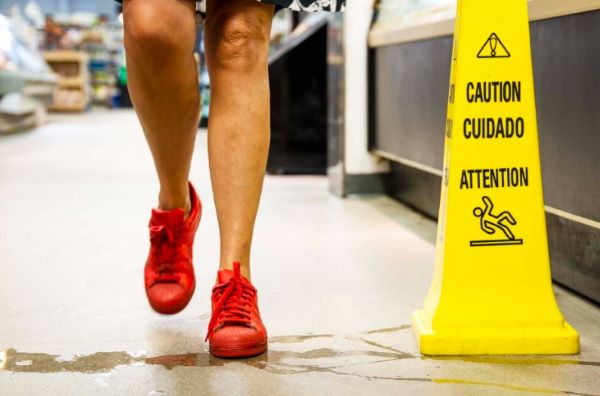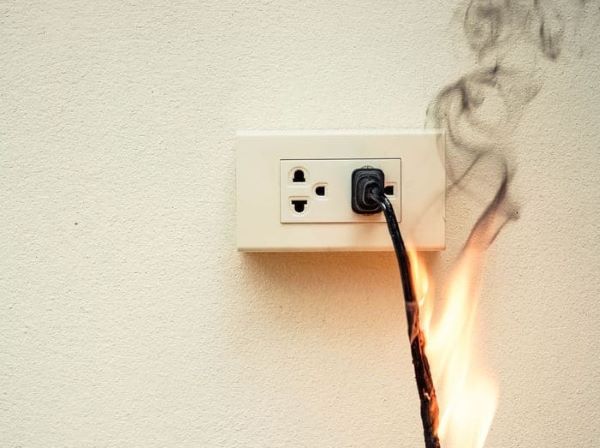What do you do when you sustain an injury because of someone else’s negligence? First, contact your attorney, who will help you build a case to determine the type of claim to pursue and the case to build.
Civil lawsuits are common, but they can be quite complex because you are dealing with various factors that would require substantial evidence to prove, such as who is negligent and if the owner is responsible for the damage.
Generally, you can file two types of liability cases under civil lawsuits: premises and product liability. This guide details each type of liability to help determine the most suitable case to file against those responsible for your injury.
What is Premises Liability?
Premises liability is a civil lawsuit against a property owner due to unsafe conditions in a given space, which results in them slipping or falling and acquiring injuries. Business owners are responsible for maintaining their premises, especially if they are intended to attract people. In case accidents could occur, proper warning should be given to the public to prevent such accidents from happening.
A poorly maintained property or lack of warnings of unsafe conditions can result in slips and falls that cause injuries. Thus, an individual can file a premises liability claim against the property owner for negligence.

What is Product Liability?
Product liability is a type of civil lawsuit that you can file against a product manufacturer or maker. The case is when you suffer from an injury or illness resulting from product defects. These defects can be any of the following: design, marketing, or manufacturing defects.
Design defects are the most common form of product liability during product design. This type of defect is potentially dangerous because it could mean the product fails to function as designed or intended. Hence, many product designers undergo various prototypes to ensure the product functions based on its intended use.
Next is a manufacturing defect, which results from the manufacturing process. Even if the product design is good, it might not work because it has not been manufactured properly. It could also make the user prone to injuries because the parts have not been assembled properly or fall apart after some time.
Lastly, a marketing defect is when the product lacks labels or warnings, which puts the user at risk. Without such labels, the user could be in danger as they could misuse the product.
Product liability cases are filed when the product manufacturer or designer fails to deliver in any three of the above categories. When there is a product defect, the product ultimately fails because 1) it does not function as intended and 2) it puts the user in danger.
Therefore, users can pursue a product liability case against the product owner and manufacturer if they sustain injury from using the product.

Why Are Premises Liability and Product Liability Often Confused?
Premises and product liability claims both involve a breach of duty of care on the part of property and product owners. Manufacturers are responsible for designing and manufacturing products that are not only useful but also safe for consumers to use. On the other hand, property owners are responsible for maintaining their property to keep it safe for the public.
When both instances fail in their duty of care to the public and consumers, they are legally liable, mainly when the negligence results in injuries or fatalities. For example, if a consumer buys a product and suffers from a fall that injures them, the manufacturer is liable for the injury. The same thing goes when a property or building owner causes an injury to an individual due to a slippery floor with no adequate warning signs or a part of the building falls on an unsuspecting individual.
North Carolina law states that the property owner has a lawful duty to exercise care in maintaining the property to ensure it is in a safe condition. If it is not fully safe, a warning should be given about any hidden dangers. When the property owner fails in both aspects, they are legally responsible for the injury it directly caused to an individual.
In addition, the statute of limitations for product liability cases in North Carolina is two years. If you suffer injury or illness from using a defective product, you have up to two years to file a lawsuit and recover damages from the manufacturer. However, you need to satisfy the following elements when you pursue this case:
- There was an injury resulting from the use of the product.
- The product was dangerous, defective, or lacked a proper warning label.
- The product was used with reasonable care and as designed.
Why Hire a Premise Liability Lawyer in North Carolina?
Whether you are dealing with a premise liability or product liability case, many variables are involved in each case. The defending party will try its best to claim innocence, so you are responsible for proving negligence and that they are at fault for your injuries.
An experienced premise liability lawyer in North Carolina can advise you on the most critical evidence for the case. The law requires you to prove who is at fault and present evidence to support your claim. You cannot expect a successful claim without adequate evidence because you failed to prove it. Suffering from an injury is not enough to support your case if you cannot prove a direct correlation between the property or product owner’s negligence directly causing that injury.
With an attorney’s experience in these types of cases, you can leverage their insights into the complex law to seek fair compensation for your injuries. Choose a lawyer who’s nothing short of an expert in the premise liability law to make it worth your time, money, and effort.


